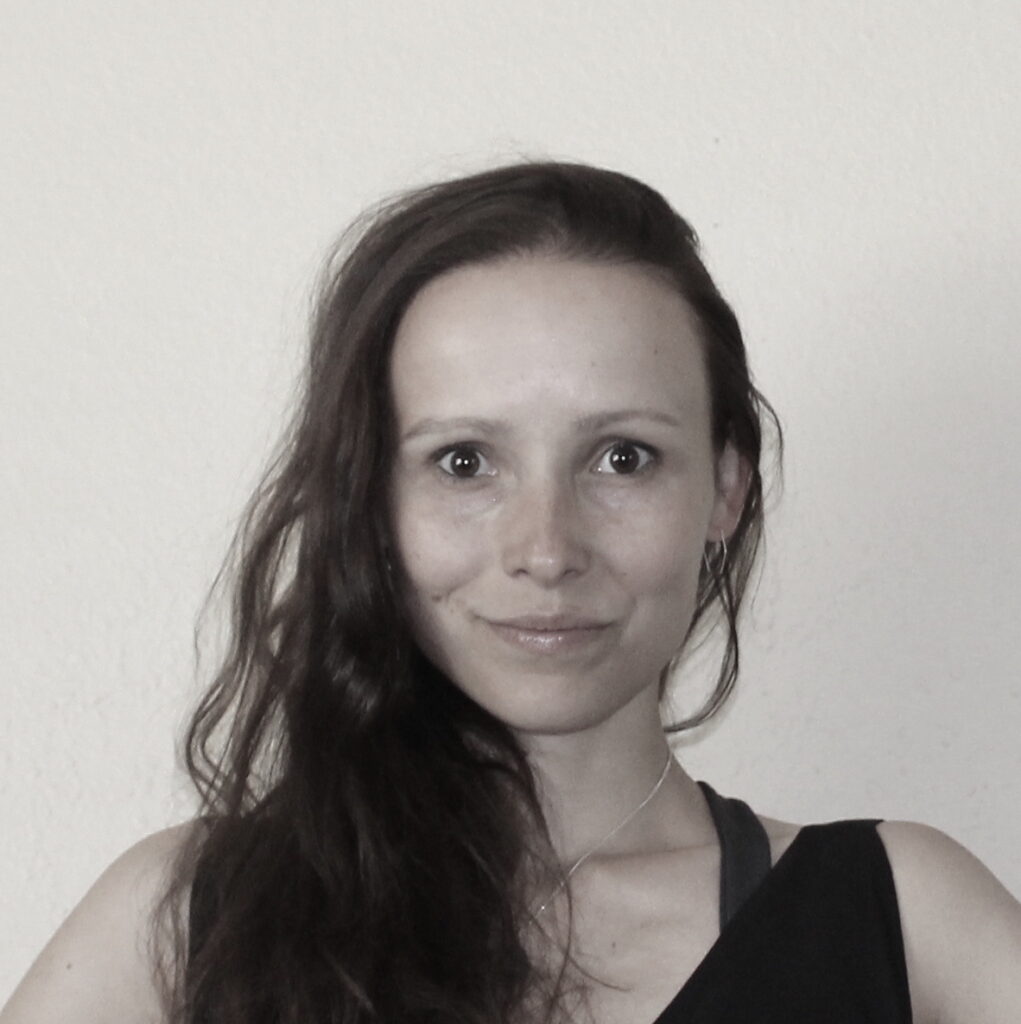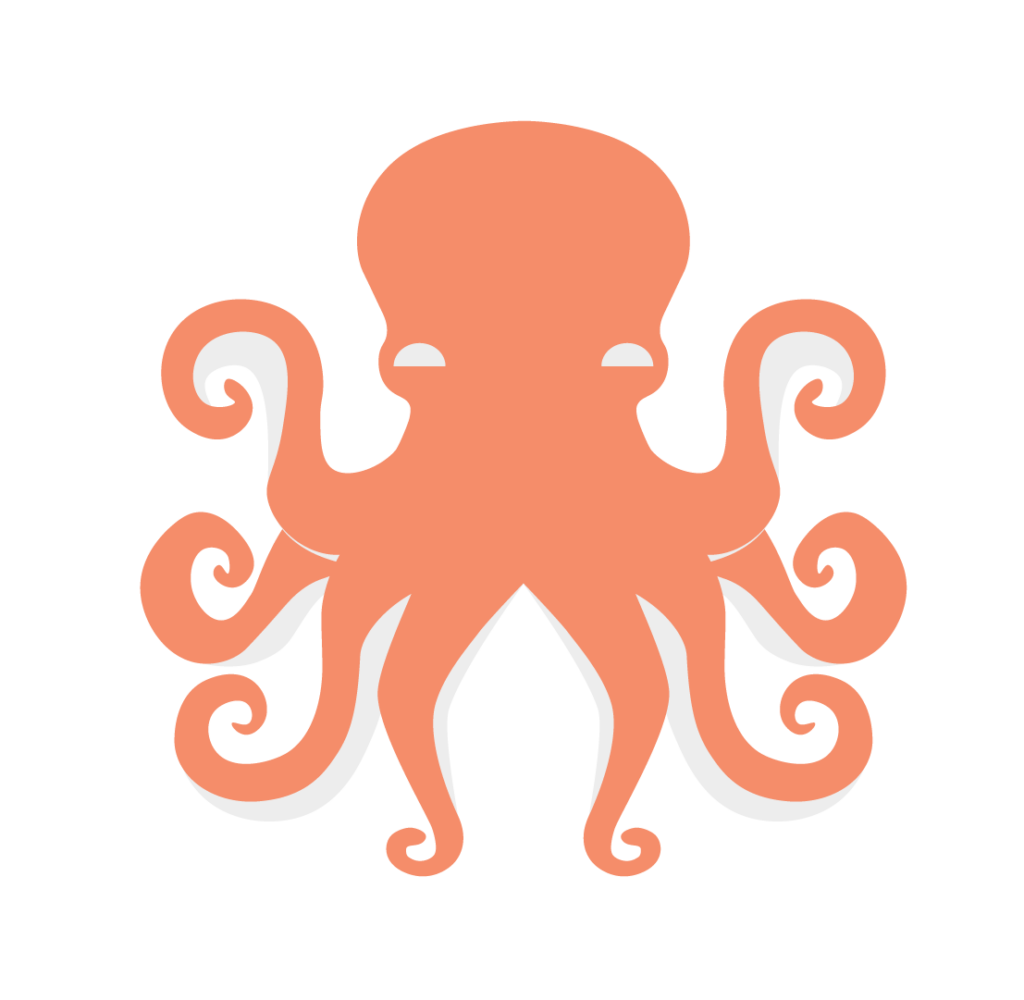Part 1: Interview with Mareike Smolka
CUCo is consulting with each board member to gather their visions for the Centre for Unusual Collaborations, enhancing connections and fostering a creative community that will advance CUCo’s future initiatives. This time CUCo spoke with Mareike Smolka, who joined the CUCo board in July 2024. Mareike is Assistant Professor in the Knowledge, Technology, and Innovation group at Wageningen University & Research (WUR) and a Research Fellow at RWTH Aachen University, focusing on inter- and transdisciplinary collaborations as well as the role of responsible innovation in science and engineering. For up-to-date information about her activities, publications and projects, have a look at Mareike’s website.

Written by Helma van Luttikhuizen
Could you tell us a bit about yourself and what drives you as a researcher?
I am a humanities scholar and social scientist studying and enhancing ethical robustness, environmental sustainability, and social justice in research and technology development. My goal is to promote positive outcomes and mitigate negative effects of science and technology by aligning research and development with societal needs, concerns, and values.
I am part of the Knowledge, Technology and Innovation (KTI) group at WUR whose approach centers on inter- and transdisciplinary collaboration, aiming to understand and actively contribute to societal innovation and transformation processes. I am particularly interested in inter- and transdisciplinary research not only as an approach for addressing scientific questions, but also as an object of study. This means examining what actually unfolds when people from diverse fields work together. My work has explored themes like emotions, reflexivity, visions, and critique in inter- and transdisciplinary settings. For example, I am curious about how future visions are negotiated in transdisciplinary teams that include researchers, industry representatives, and societal stakeholders. Here, I look at the interests that shape conceptions of the future—whether they are commercial motives, public concerns, or commitments to specific sustainability transitions.
My research is motivated by what the KTI group calls its “study and doing” ethos. For us, science is not only about understanding the world but also about considering how scientific insights can be used to intervene, engage and help shape what is happening to foster positive change. While I enjoy writing papers, I am equally interested in making a practical difference, particularly within the natural sciences and engineering.
For example, in my research at RWTH Aachen University, I worked with a methodology called transformative vision assessment, which examines existing, often technology-driven project visions shaped by funding, policy-making and media narratives. During workshops, we sought to critically interrogate these visions and transform them into more socially robust scenarios incorporating diverse perspectives. In collaboration with a fiction writer, we crafted these scenarios as narratives that became part of the project’s funding application, allowing the team to explore multiple desirable futures rather than a single dominant vision. This research not only highlights how visions are negotiated but also demonstrates how engaged social science research can open up alternative futures. It will be fascinating to observe how these visions will evolve and shape technoscientific practices in the next funding phase.

What inspired you to get involved with CUCo and what do you perceive to be its most important possible contributions?
There are three key aspects that attracted me to CUCo: tentacular thinking, knowledge integration and leadership experience.
Firstly, tentacular thinking resonates deeply with my background in Science & Technology Studies. Inspired by Donna Haraway, it suggests that knowing is also feeling, moving away from cognitive rationalism towards a more embodied approach to knowledge and knowledge production. Tentacular thinking underscores the importance of sensitivity in research, particularly in interdisciplinary work, where attending to subtle interpersonal cues and visceral sensations can help seize moments to challenge or explore differences between disciplinary approaches. Often, such interactions reveal underlying frictions between paradigms or methodologies that, if addressed, can lead to productive outcomes (for examples, see Smolka et al. 2021 and Smolka & Mesman 2024). Tentacular thinking also emphasizes that knowledge is situated and shaped by the practices, perspectives, and biographies of those producing it. I am fascinated by the ways in which CUCo brings together people contributing diverse forms of expertise and knowledge from various contexts.
Secondly, 2024 marks the year of knowledge integration at CUCo, resonating with my own interest in this topic. I recently published a book chapter questioning whether and how knowledge integration across socio-technical divides is possible under contemporary institutional conditions in the academy. I also co-organized a dialogue on practices of knowledge integration with WUR colleagues where we discussed questions and themes similar to those explored by Ohad Ben Shimon and Annemarie Horn at CUCo.* I am particularly keen on learning more about Annemarie’s emerging insights into the micro-dynamics and group processes underpinning interdisciplinary knowledge production in Spark and Unusual Collaborations teams.
Thirdly, participating in CUCo’s board allows me to gain leadership experience within an interdisciplinary context. The board experiments with interdisciplinary leadership, seeking to foster a collaborative team spirit, similar to the research teams supported by CUCo. Furthermore, I recognize CUCo’s potential to step into a leadership role in promoting collaborative inter- and transdisciplinary research approaches not only within the affiliated institutions but potentially beyond, inspiring a broader shift in how research is conducted. For example, change agents or ambassadors could create and maintain communities of practice, establishing local CUCo hubs and thereby disseminating its vision and values. By shifting the focus towards collective goals and values of care, rather than individual achievements, we could create a more inclusive academic environment that promotes innovative responses to complex problems.
In your opinion, what are some of the key challenges and opportunities in fostering inter- and transdisciplinary collaborations, and what role can CUCo play in this?
In my opinion, one of the main challenges is that projects often begin with a narrow problem framing, which limits the potential for collaborative exploration. This can lead to multidisciplinary research projects in which team members work in parallel rather than in collaboration characterized by iterative exchange, interaction, and cross-fertilization. To counter this tendency, CUCo’s Spark training and funding scheme provides a space for researchers from different disciplinary backgrounds to co-develop questions, theoretical perspectives and research methods.
However, it remains a challenge for each participating researcher to protect this space despite time constraints and competing demands. In many scientific fields and academic institutions, interdisciplinary research is commonly considered as an ‘add-on’ to traditional disciplinary work. I am fortunate to be part of a field and a research group in which inter- and transdisciplinary collaborations are highly appreciated and encouraged, but I realize that this is an exception rather than the rule. I believe that CUCo can contribute to making such ‘unusual’ collaborations ‘usual’ by promoting a culture that values and rewards inter- and transdisciplinary efforts.
The aforementioned challenges are rooted in the current organization of the academic system. CUCo emerged as a bold response to the competitive, productivity-driven academic system that often falls short in producing robust knowledge, as the replication crisis in relation to psychological and biomedical research indicates. I feel it is crucial to recognize that CUCo was founded by imaginative individuals who dared to dream of alternative academic systems. The recent paper “Finding joy, creativity and meaning through unusual interdisciplinary collaborations” written by CUCo’s founders captures their powerful ideas beautifully. In my view, it is essential that we continue this work by cultivating the skills needed to conceive of and pursue such alternatives.
What are key priorities for CUCo for the next five years?
In thinking about key priorities for CUCo over the next five years, I believe we need to establish a clear timeframe to guide our priorities.
One priority I want to highlight is the evaluation of CUCo activities, especially since we are at a point in time when we can reflect on the experiences gained over the past four years with Spark and various projects. It’s important to assess how these initiatives have impacted individual careers and scientific research, as well as what outcomes have been achieved. Documenting our successes and failures is essential for both our internal reflection and for demonstrating value to external stakeholders, such as funding bodies and universities. I am particularly interested in exploring the personal and scientific effects of interdisciplinary collaborations, including the innovation of scientific methodologies and the impact on academic discourses. Understanding how researchers evaluate their projects based on implicit quality criteria will also be vital for such evaluation endeavors.
Let’s say you could start a Spark team, no strings attached, what would you look at?
I find it hard to answer this question because the essence of Spark lies in allowing questions and project designs to unfold organically through interactions within the emerging research teams. However, if I had to envision an inter- or transdisciplinary project, I would focus on imagination in AI research and technology development for healthy, sustainable societies. I am excited to embark on a transdisciplinary project on this topic funded by the NWO Veni talent grant in collaboration with AI researchers and developers from One Planet Research Center, starting in January 2025. In this project, we aim to study and reshape how the future with and of AI is imagined, moving beyond prevalent hype-fear narratives that dominate policy, corporate and media discourses. To better align AI research and development with societal needs and concerns, we will engage in co-design with stakeholders and citizens. In the co-design process, we will seek to encourage “tentacular thinking”: recognizing that different people bring unique resources to contribute to collaborative and hopefully unusual future-making.
* Ohad Ben Simon is an artist, researcher and educator with a background in the cognitive sciences, psychology, philosophy, cultural analysis, international business education and art. His current PhD research (2021–2026) investigates embodied experiences of knowledge production. During Ohad’s residency at CUCo, he conducts interviews with research team members and staff to gain insights into personal and professional experiences in interdisciplinary collaboration.
Annemarie Horn, Assistant Professor in Inter-and Transdisciplinary Research and Education (UU), started a joint action research effort with CUCo that seeks to explore and enhance knowledge integration in CUCo projects. It aims to study practices of knowledge integration and identify effective methods for supporting and training these practices.